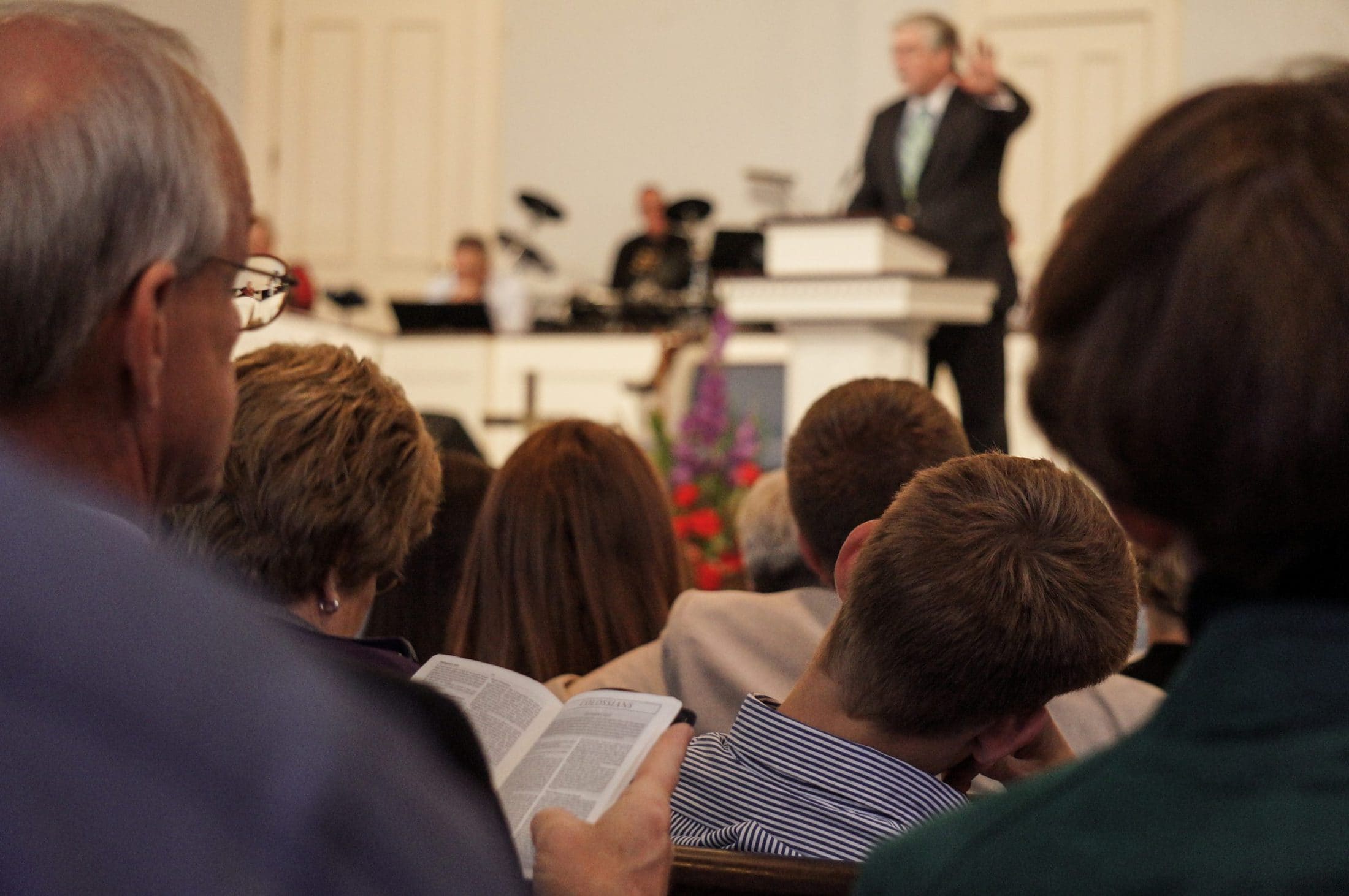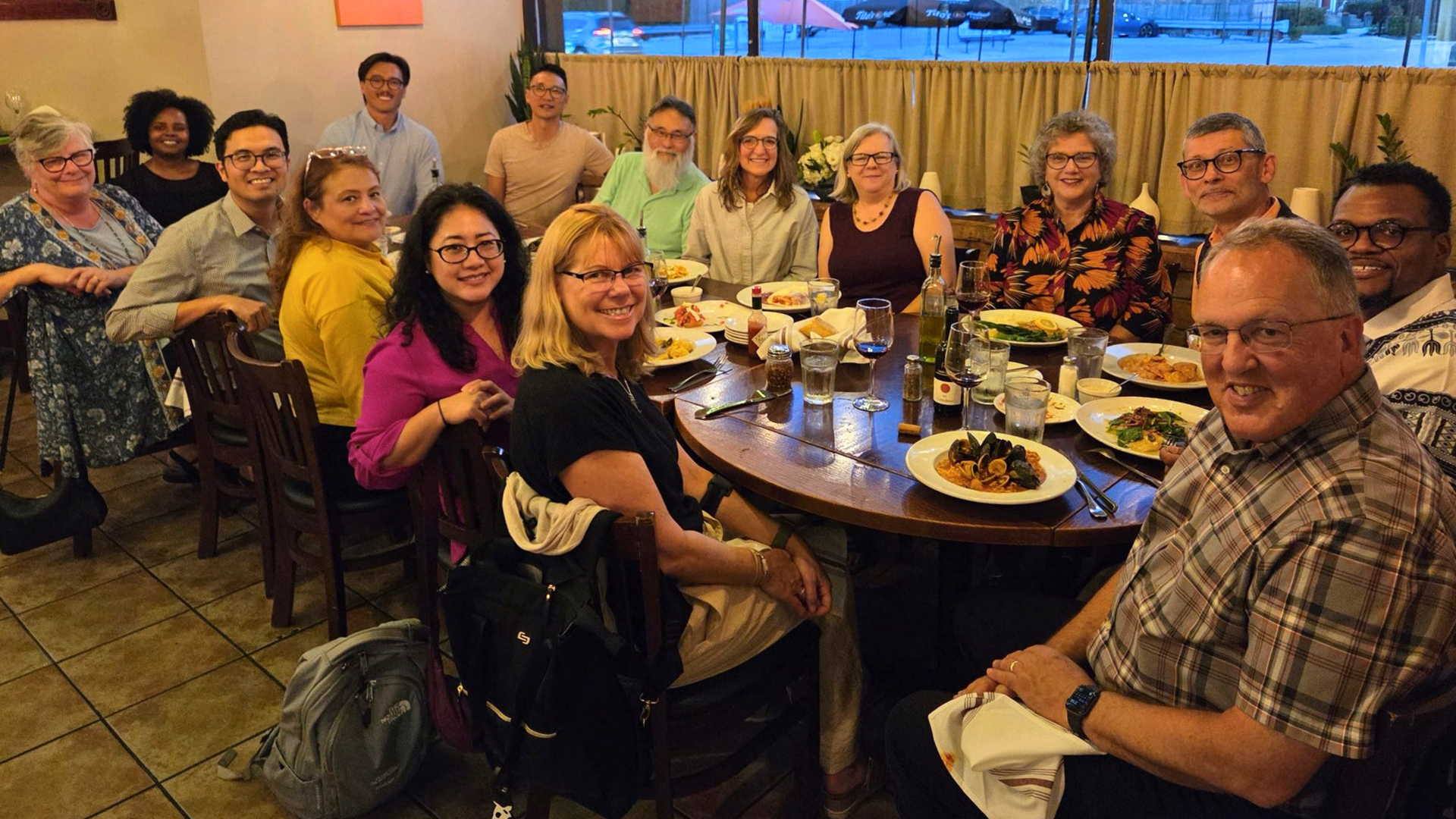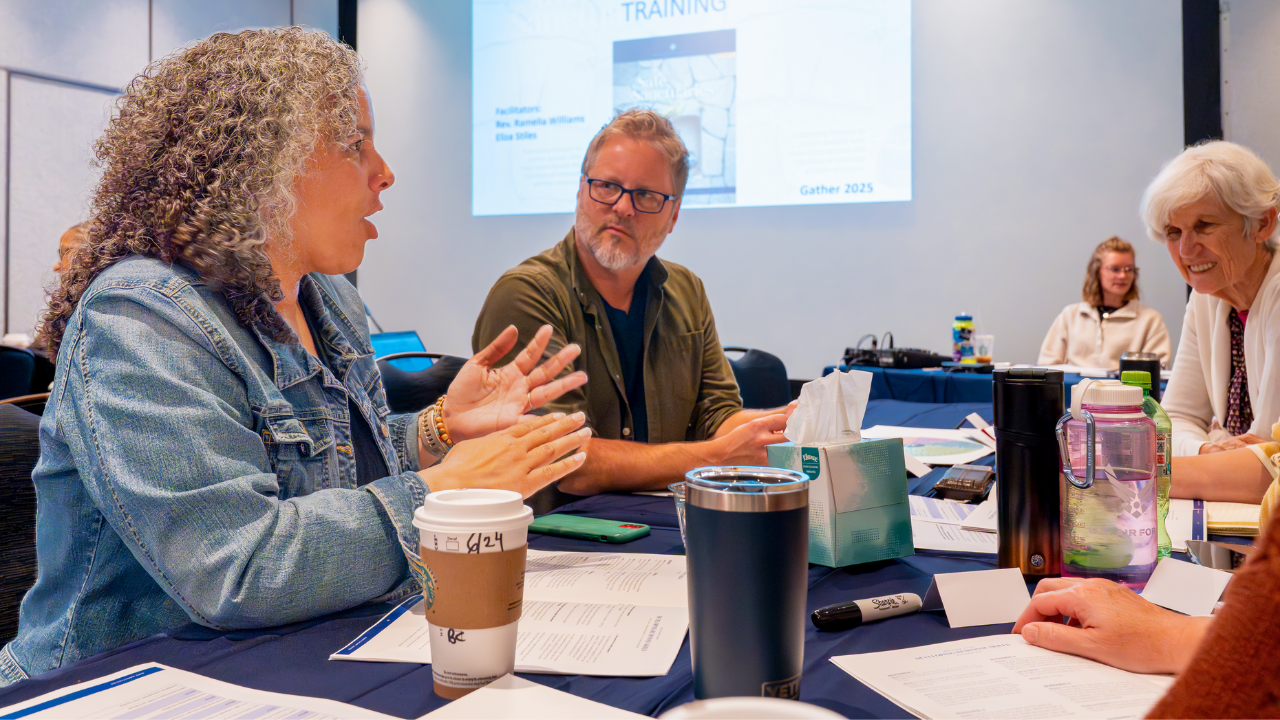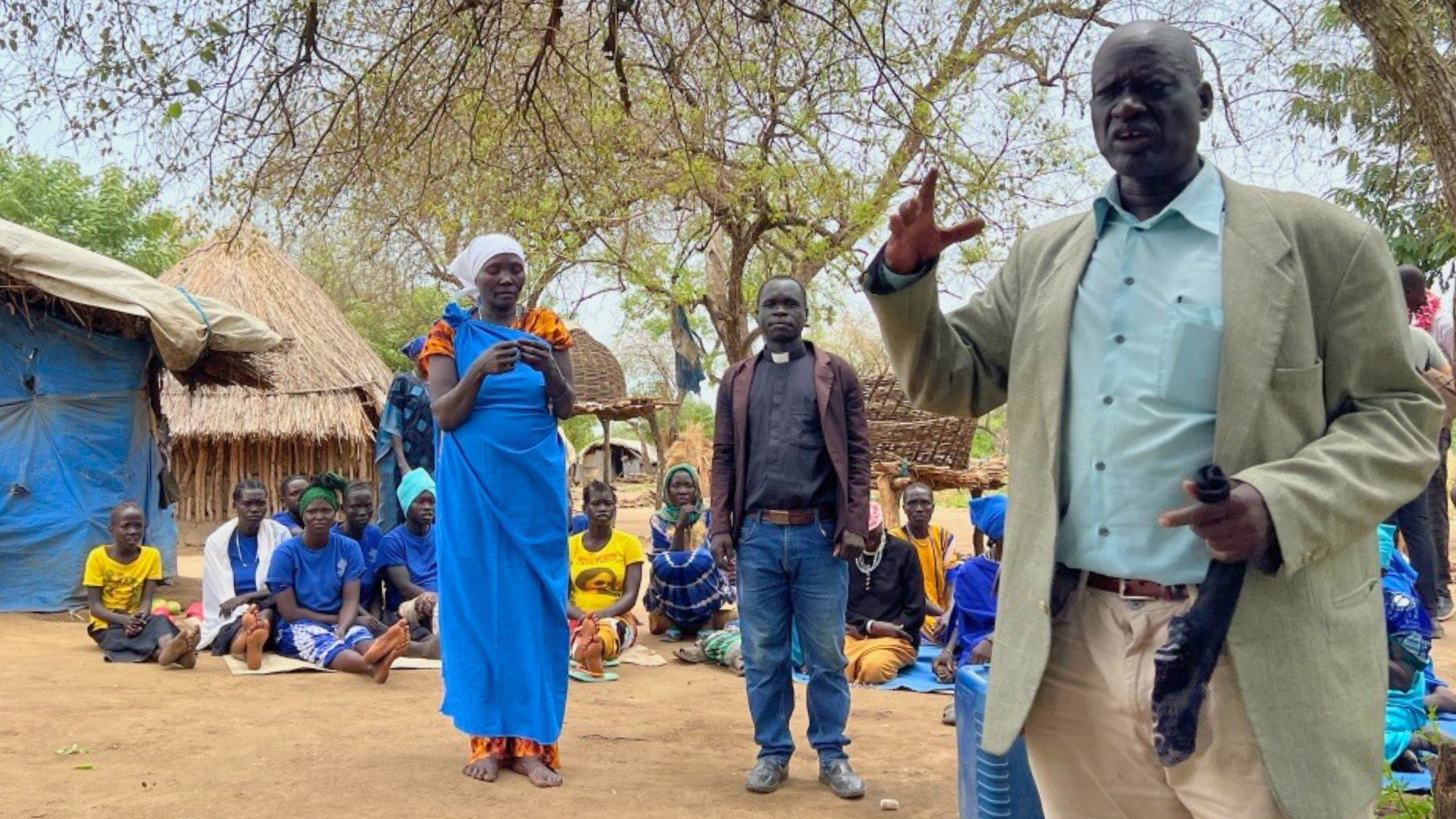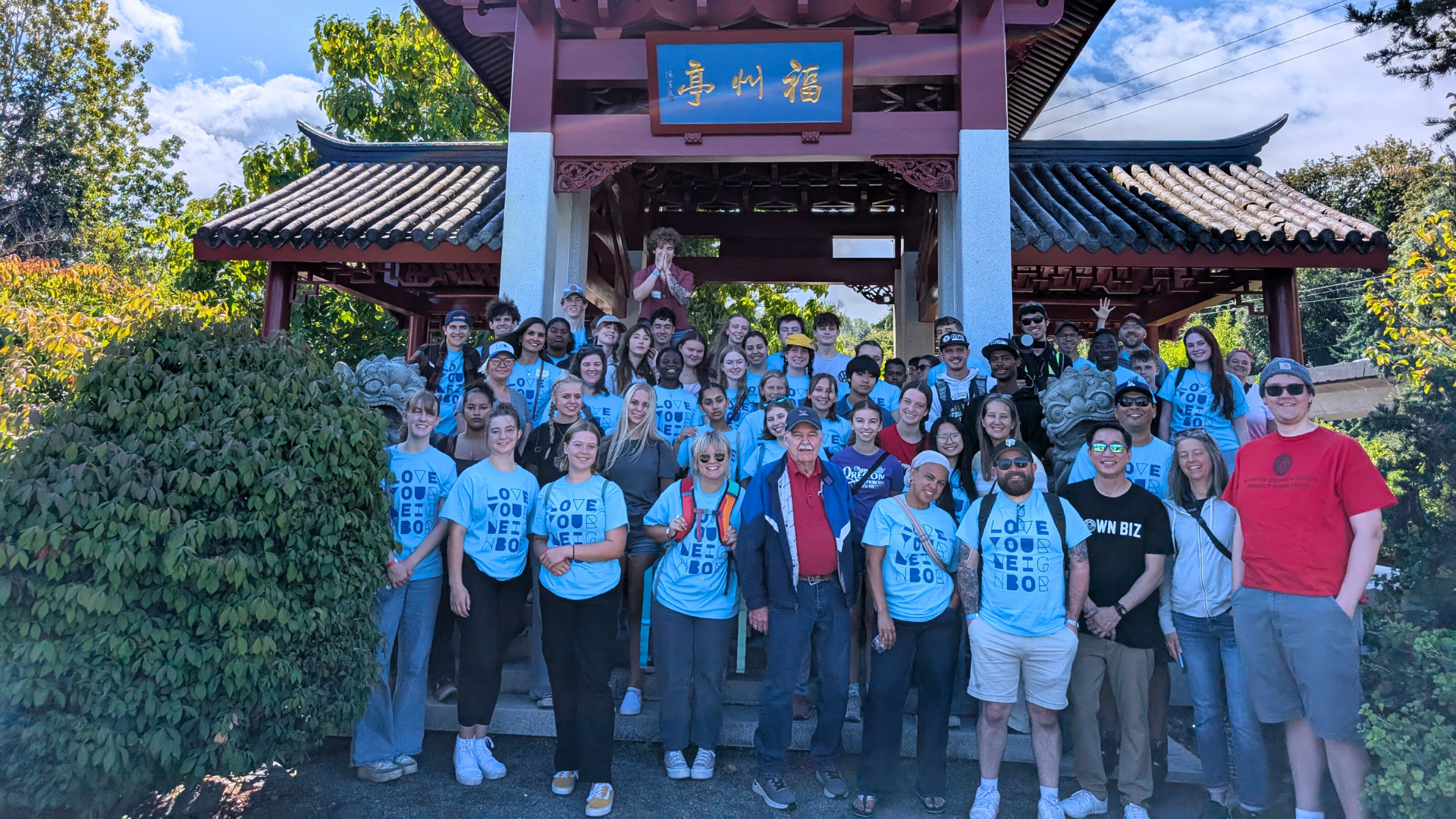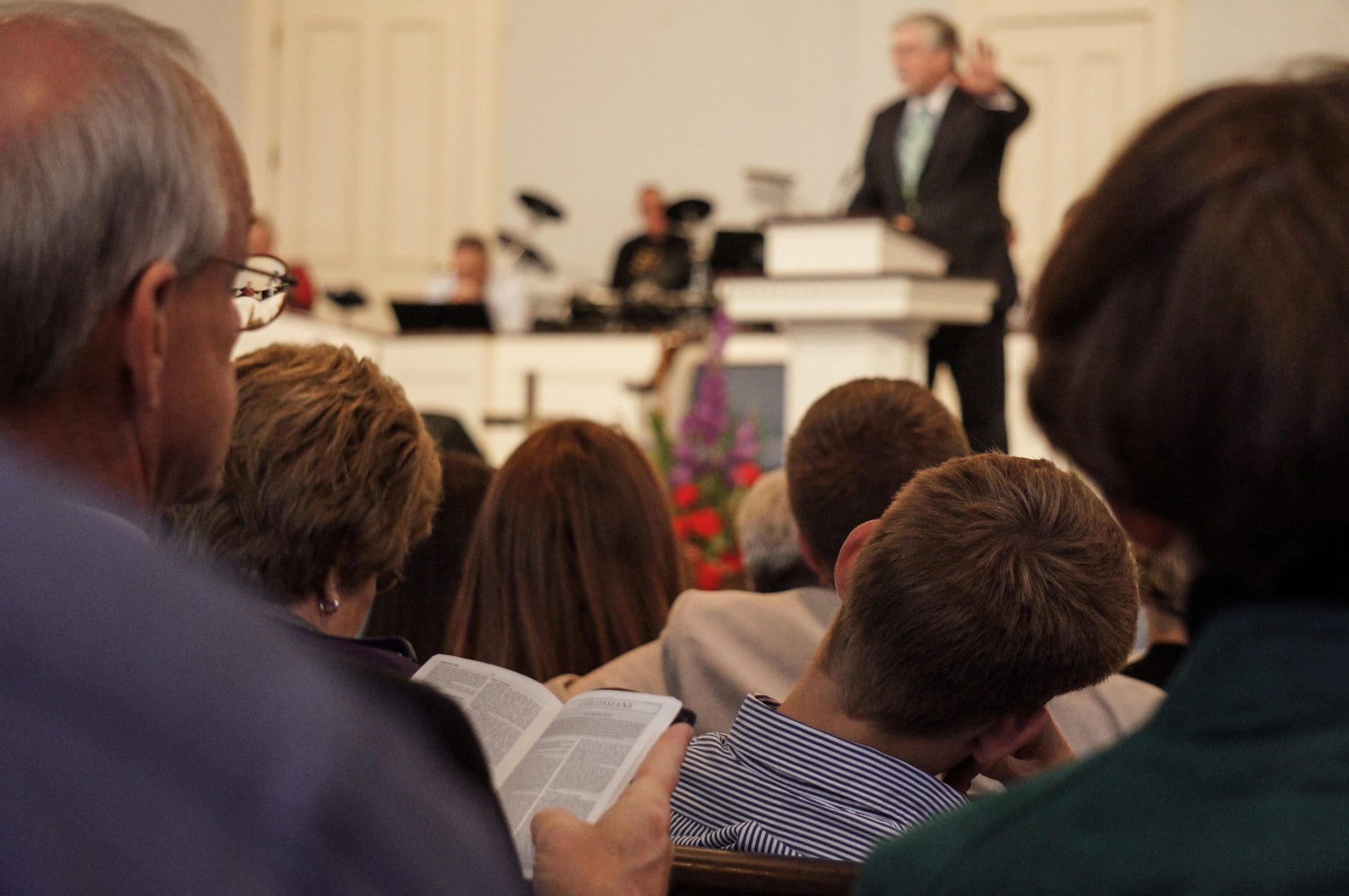 Should a pastor who retires or leaves congregational ministry continue attending the church they served?
Should a pastor who retires or leaves congregational ministry continue attending the church they served?
The Board of Ordered Ministry’s “Ethical Principles” document states: “We are respectful toward our successors and sensitive to their pastoral ministry with our former ministry setting, either by correspondence or by direct conversation. We leave a ministry setting with courteous finality for the sake of both our successor and our former place of ministry. When we retire, we recognize that it is in the best interest of our successor and the church that we do not return to a former church.”
So the answer would seem to be a definite “no.”
That principle is held by every major denomination. But baby boomers are retiring at a rate of 10,000 people a day—or four million a year—according to the Social Security Administration, and that rate is expected to continue until 2029. So the question of whether pastors should continue to worship with their former congregation is becoming increasingly common.
Church consultant Thom Rainer has written that in some situations there may be advantages to both the church and the new pastor if the retiring minister stays, provided the situation is handled well. He recommends that the retired pastor step away from the church for at least a year—and longer if his or her ministry has spanned many years. He and other experts say it is unrealistic to expect pastors to just separate from friendships developed over time.
Because Covenant churches and ministers do face this scenario, below are three columns written by ministers with different experiences. Each situation described here was approved by the conference superintendent.
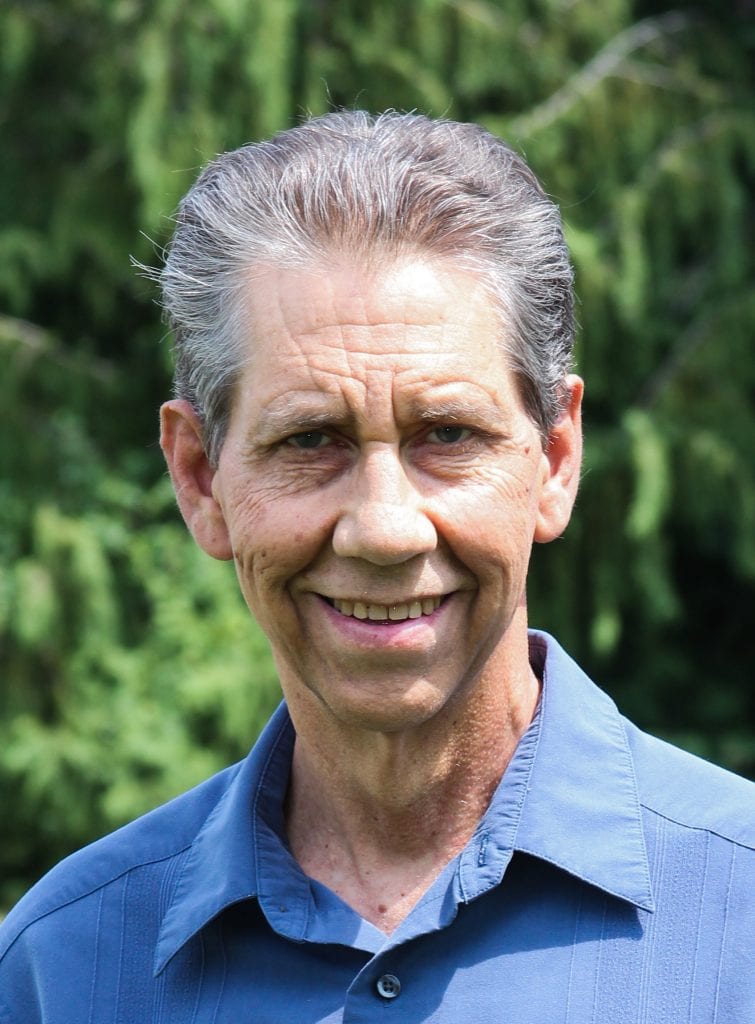 How I Stayed
How I Stayed
By Russ Carlson
At the end of a career, many people are able to celebrate their retirement. But for pastors, it is not so simple.
In theory I support the Ethical Principles for Covenant Ministers, which states: “We leave a ministry setting with courteous finality for the sake of both our successor and our former place of ministry. When we retire, we recognize that it is in the best interest of our successor and the church that we do not return to a former church.”
But the ideal often collides with the real. Many retiring pastors cannot afford housing in a new market. Or the fact that their children and grandchildren live in their community makes it difficult to relocate. Perhaps the need for specialized medical care makes it impossible to leave the community in which they served.
In January 2012 I was forced to retire at the age of 55 and go on disability to due chronic health issues. Two of our three children were still living in the area, and we could not afford to relocate. So we stayed in the area.
But what to do about church?
It took the congregation a while to find a new pastor, and we stayed away during that time. I wrote a letter to our congregation making clear that I could not return to do any weddings, funerals, or baptisms. That was hard for some people to accept, and it broke my heart at times, but I knew we needed to mark a clear ending of my pastoral relationship with the church.
My wife and I knew that the only way we could return to the church was by the invitation of the new pastor. Finally after two years, they called a new pastor. When he arrived, he graciously invited us to come back. We waited a few months to allow time for him to get settled in. Eventually we quietly returned—we sat in the balcony.
I had heard many disaster stories of the havoc that former pastors created in a new pastor’s ministry, and I did not want to contribute to that negative folklore. I carefully set up some boundaries by which to proceed. I came up with three rules that make clear to me when I am crossing a boundary that is inappropriate.
1. I do not attend any congregational meetings. This way I can operate as if I have moved to a new city where I have no input in running the church.
2. I see myself no longer as a leader but as a servant. I use my gifts in servant roles and leave the leading to the new pastor and lay leaders. I may teach a Sunday school class at various times or be involved in the music ministry, but I do not comment on church business other than to support the current pastor. Shortly after I returned, a member came to me to complain about something that was happening in the church, and my response was, “You will have to talk to the senior pastor about that—and I am not him!”
3. I do not give advice to the staff unless I am asked. I have a wealth of information about the church and its history, but my role is to be an encourager and avoid the dreaded, “Well, when I was here we did it this way.”
One other note: the retired pastor has to be confident that his or her spouse can live with the same boundaries. A former pastor’s spouse can create as much havoc as a former pastor.
How is it working? Here is a quote from my present pastor in the church I formerly served: “With the boundaries he has set up for himself, it has been wonderful to have him back.”
I would still say that the best option in retirement is to leave your church and leave your town. But staying in my community with these boundaries in place has allowed me to create a rich, new relationship with my church.
Russ Carlson has served as a writer, church consultant, and ordained minister for more than 35 years in the Evangelical Covenant Church. He is a liver transplant recipient and coauthored Companions Through Crisis with his wife, Laurie.
 What I Learned
What I Learned
By Zanne Dailey
I was serving as pastor of worship arts when the church reorganized our department, and my role was combined with another position. Although it was difficult, I knew the church was making the right decision. But it meant I lost my job.
Our kids were heavily involved in the church. Our daughter was a high-schooler with very tight relationships with other students. Our son was a college student working as a volunteer in our children’s ministry—he has since become a preschool teacher—and we did not want to yank them out of such a positive environment. So we stayed.
Here’s what I learned:
1. First, make sure that your church leaders know what you are doing and that they understand that you are fully supporting their leadership. Make clear that you will not campaign against, criticize, or attempt to change any decisions your successor makes.
2. To help avoid confusion, ask the church to publicly acknowledge that you are stepping down but that you will remain part of the congregation.
3. It’s inevitable that some people will not understand exactly what is going on. You may be approached with various levels of questions or needs. Be ready to respond in ways that are appropriate, respectful, and humble, especially if you hear, “We miss your ministry!”
4. Depending on how old they are, your kids may hear questions as well. “What’s Mommy doing now?” Or “What does Daddy think of the XYZ change?” Help prepare them for those questions and decide how they will answer.
5. Do not offer advice or opinions about your former ministry area, no matter how tempting. Do not volunteer in that area. For at least a year, don’t volunteer in any area other than general service such as a soup kitchen or pulling weeds.
6. Take the opportunity to experience church as a layperson. Feel free to be late occasionally, sit in the middle of the pew or row, even take a Sunday off to stay home with your family or go to a soccer game. Those experiences will teach you more than you can imagine and will inform future leadership roles.
We had a few great years in that church until we moved away after my daughter graduated from high school. My relationships with my former senior staff members and congregation members are strong, and I’m grateful for them!
Zanne Dailey is a Covenant bivocational minister attending River Life Covenant Church in Sacramento, California. She is also a spiritual director and serves Fuller Theological Seminary as a vocation and formation team leader.
Challenges I Faced
Name withheld by request
After the previous pastor at the church where I serve retired, he stayed in our congregation. It was a really good experience on a lot of levels, and he did everything people say pastors should do if they stay. But I still wouldn’t recommend anyone do that.
We talked about the situation when I first started. Although he did everything he could to support me as a pastor, there still were a lot of challenges along the way.
I questioned whether the congregation saw me as their pastor or whether I was just the preacher. Did they always view him as a fallback option?
Especially in the early days of my ministry, whenever people were grappling with personal issues, many of them would go talk to him. He had been there so long that friendships inevitably developed, and it’s natural for people turn to friends in hard times.
He was great though and always deferred to me when it came to giving pastoral care. He never participated in any kind of leadership function or attended church meetings. He never gave his opinion to people in the congregation about a church issue. He didn’t perform any weddings or funerals.
But there were other dynamics. You’re never going to do everything the way the previous pastor did, and there may be things where the church needs to correct course a bit. Like any church, we were strong in some areas and weak in others.
Every new pastor faces that challenge, and no one wants to do something in a way that makes it seem as if they think the previous minister did it “wrong.” But it adds an extra challenge when that pastor is still there in the pew.
I also felt apprehensive when I taught on an issue in a Sunday school class or preached on a passage the previous pastor had preached on. What if I took a different stance or approach on the topic? I may have been the only person who felt it was awkward, but that feeling was always there.
The situation also can make it harder for a pastor’s spouse. Like the pastor in my situation, his wife was wonderful, and I don’t think she could have handled it any better. But my wife has a completely different personality from her, and her talents are very different. There will always be comparisons, but when the spouse of the previous pastor is still there, it can add another level of stress for the one who is trying to find his or her place in the life of the church.
I recognize that much of my response was due to my own insecurities. The support from the former pastor and his wife really was incredible. But when they eventually moved away, I was surprised at the level of relief I felt.


